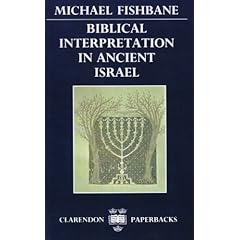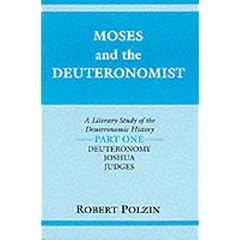
Like the title of this post suggest these are the top five books that shaped my early biblical studies education. I will post these in chronological order and not necessarily in order of importance.
First up is Dunn's Jesus, Paul and Law, this is a book I read during seminary, mostly during our mandatory chapel sessions. I came into seminary with a strong background in Jewish History and I never really bought the simplistic interpretation of the Jews as the foil to Christianity which I was feed during my seminary days. Dunn's book was thus a breath of fresh air, as it gave a well thought out solution to an interpretative problem that I was working through at the time. Even though Dunn’s New Perspective was old when I found out about it, it still changed my fundamental approach to my understanding of the NT.
Dunn’s work naturally led me to Tom Wright and his NTPG. I read this book once in seminary, and twice whilst getting my doctorate, and certain sections even more than that. Wright’s work was responsible for shaking the epistemological ground I was so comfortable with, and was responsible for my red pill blue pill experience. It is strange to write this but Wright was the impetus for my love for poststructualism. I still find Wright a very good read, and even better speaker, even if I have strayed from his critical realist project.
After reading Wright I worked through Fishbane’s work on Inner-Biblical interpretation, this book was key to me in correcting a rather naïve view of the Hebrew Scriptures. I loved Fishbane’s interpretive logic, and immersed myself in his subsequent writings.

While Wright led me to explore literary criticism, Hays’ Echoes focused that exploration into the realm of intertextuality. Hays’ imaginative (re)construction of Paul’s use of the Hebrew Scriptures led me to explore the likes of Kristeva, Barthes, Genette, Eco, and Riffaterre.
Through the process of researching possible ideas for a thesis one is usually graced with discovering works that are simply majestical, these works captivate your imagination and even though they have little to do with your topic you end up being totally consumed by them. Polzin’s, Moses and the Deuteronomist, for me was just such a work. Polzin’s ability to work through a narrative is nothing short of brilliant, if I could copy just one scholar, it would be Polzin.




No comments:
Post a Comment